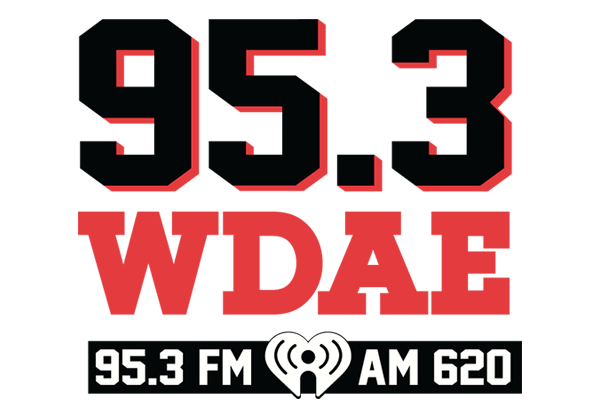Major League Baseball’s involvement in the bidding war going on for the 21 regional sports networks that the Walt Disney Company purchased as part of its $71.4 billion dollar acquisition of 21st Century Fox, which closed earlier this month, might seem curious. After all, those RSNs show plenty of MLS, NBA, and NHL games as well. Also outside of the MLB Network, Major League Baseball doesn’t have much experience operating cable television networks.
The league’s interest, according to its commissioner, is built on a desire to eliminate the revenue disparity in the sport. In an interview with the AP, Rob Manfred said he thinks a centralized rights deal would level the playing field. “I think that if we had more of a national model closer to where the NFL is it would solve a lot of those competitive issues for us, kind of level the playing field.”
Disney initially acquired 22 RSNs in their purchase. The New York Yankees had the right of first refusal to purchase back a controlling interest in the YES Network, which the team did with the help of partners including Amazon and Sinclair Media.
Manfred said that if MLB wins the bidding, it doesn’t intend to sit at 21 RSNs. The league will look to acquire more teams’ local broadcasting rights.
As more fans cut the chord and look for streaming options to get their TV, leagues and teams across all sports have struggled to come up with the best way to package their product for the future. Manfred says that the more content MLB controls itself, the healthier its position will be in the long run, even if they see a decrease in RSN profitability in the short run.
“I think for us, we’d be prepared to live with that, run out of profitability and at the end of that runout, assuming it comes to some sort of a hard end, we would be in control of the content, which we fundamentally believe in, and we think that holding it as a lead better positions us to figure out exactly what that next distribution model is going to look like for the benefit of the league, as opposed to having some kind of private equity firm owning the RSNs.”







